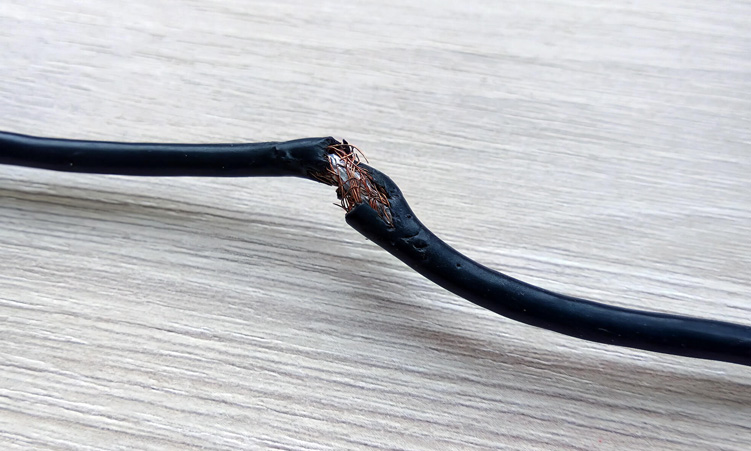Northern farmers with cattle posts near Etosha National Park in the Oshikoto region say new proposed human-wildlife conflict payments are not sufficient.
The revised amounts will be paid to farmers who have been injured, killed, or suffered crop and livestock losses as a result of human-wildlife conflict.
Minister of environment, forestry and tourism Pohamba Shifeta has submitted an increased payment proposal in the human-wildlife conflict self-reliance scheme to the Cabinet. After reviewing, it was decided that the new paymemts will come into effect on 1 September.
Among the revised payments are funeral expenses and related costs.
‘WE LOSE ANIMALS EVERY DAY’
Speaking to The Namibian yesterday, Elia Eliuda, who has a cattle post at Omutsegwonime in the Oshikoto region, said the new compensation amount for cattle of N$5 000 per head is too little.
“A bull is expensive to buy and losing it is a big loss. That amount cannot get you a new one. If I lose a pregnant cow, that’s two head of cattle in one and I must only get that amount,” he said.
Eliuda said he sells calves for that amount, suggesting an amount of N$8 000 per animal rather.
“That amount can only buy medication for my cows. We are losing animals here every day. We call those officials from the environment ministry, but they only make you fill out compensation forms which never materialise,” he said.
Another farmer, Moses Amukoto, who owns a cattle post at Ekangonde near Etosha National Park, said the compensation is not enough, but is better than nothing.
“The compensation rate must at least be in accordance with the market price of such livestock. There is nowhere in the world that a cow is worth N$5 000,” he said.
Amukoto said payment is often delayed.
“Or they do not pay at all, despite them coming up with these new amounts. Who do they pay? Sometimes those officials do not even come to the scene, but ask you to send them pictures,” he said.
Amukoto claims he has lost one cow, one sheep and two donkeys and has received no compensation.
“A cow must at least be compensated an amount of N$10 000. And paying me a N$1 000 for a hectare quarter is a joke. That’s peanuts,” he said.
‘BETTER THAN NOTHING’
Ondonga Traditional Authority spokesperson Frans Enkali yesterday said the new payments are better than nothing.
“Money can never be enough, but at least the government is trying to meet people halfway . . . I believe the government is taking responsibility for damage caused by nature,” he said.
Enkali called on residents to keep their animals safe from wild animals by strengthening their fences.
“Also, let us report incidents of wild animals on time to the relevant authorities so that these animals can be safely returned to where they belong,” he said.

NEW PAYMENTS
According to the new payments, a person with a disability as a result of human-wildlife conflict will be compensated with N$100 000, an increase from N$50 000.
A farmer who has lost cattle will be paid N$5 000 per animal, an increase from N$3 000.
For a goat, a farmer will be paid N$800, up from N$500.
Farmers who lose a sheep will be paid N$800, up from N$700, while they will be paid N$1 500 for a horse, increased from a mere N$800.
For a donkey, a farmer will receive N$1 000, an increase from N$500, while a payment of N$1 000 will be paid for the loss of a pig.
An injured person with no loss of body parts will now be paid N$15 000, increased from the previous N$10 000, while injury with the loss of body parts was increased from N$30 000 to N$40 000.
NATIONAL ISSUE
Speaking at a press conference in Windhoek yesterday, Shifeta said human-wildlife conflict is a national issue.
He said the government is committed to finding lasting and sustainable solutions to prevent and reduce conflict, while improving the livelihoods of people and conserving biodiversity.
“Human-wildlife conflict in Namibia has become more frequent and severe over recent decades as a result of human population growth, wildlife population growth, unplanned agricultural activities and the expansion of agricultural and industrial activities. “This has led to increased human encroachment on previously wild and uninhabited areas,” Shifeta said.
The minister said the situation has been worsened by the drought in most parts of the country over the years due to increased competition for available natural habitats and resources.
Payment for incidents of human-wildlife conflict will be made under the existing staff establishment of the ministry and the Game Product Trust Fund, Shifeta said.
Stay informed with The Namibian – your source for credible journalism. Get in-depth reporting and opinions for
only N$85 a month. Invest in journalism, invest in democracy –
Subscribe Now!










